Click to Skip Ahead
Fleas are the most common parasites that cats suffer from. Even if you have an indoor cat, they can get fleas from other pets or rodents that may sneak their way into the house. Regardless of how they get them, they need to be treated before they multiply out of control. Several feline flea medications are available, and it can be hard to tell exactly how they work.
The instructions on the product may tell you how to use it safely but may still leave you in the dark about what the chemicals are doing. Part of the challenge to understanding flea medications is that there are several types that all work differently from each other. Not all are safe for cats, so it is vital to know the differences and which ones are safe.
Keep reading below to learn more about how flea treatment products work.

The Different Types of Flea Medication
Topical Treatments
Most topical flea medications block the conduction of channels in a flea’s nervous system to kill them. They usually kill off adult fleas within 24 hours of the first application, preventing them from laying eggs and allowing a new generation of fleas to rise.
Commonly seen active ingredients in topical treatments are Fipronil and Imidacloprid. Some topical treatments also reduce the environmental flea burden as they are shed into the cat’s environment.
Oral Treatments
There are many oral flea medicines with varying active ingredients. A more commonly used class of medications called the Isoxazolines block nerve channels (GABA and glutamate-gated chloride channels) in the fleas, leading to hyper-excitation and then death of the flea. They get to work quickly and last for 1 to 3 months.
Collar Treatments
The safety and efficacy of flea collars vary widely. It is recommended you discuss flea treatment products with your veterinarian. The active ingredients in flea collars are Imidacloprid and Amitraz. Again, they work by interfering with the flea’s nervous system.
If you need to speak with a vet but can't get to one, head over to PangoVet. It's an online service where you can talk to a vet online and get the advice you need for your pet — all at an affordable price!
Environmental Flea Treatments
The trouble with fleas (and other pests) is that they are not limited to running around in your cat’s fur. If your cat has developed a flea infestation, there is a high chance that the fleas have spread to other areas in the house. In fact, that may be how your cat got fleas in the first place.
In that case, you must treat your cat and your entire home. Thankfully, there are products available that can help you to do just that. You can find insecticides meant to kill fleas or employ professional pest control companies to sweep through your home and eradicate the pests.
The environmental sprays must be used anywhere the fleas, eggs, or larvae may be dwelling. Think about your cat’s favorite spots; they will most likely be hosting a family of fleas by now. This can include couches, beds, pillows, carpets, and more. You must ensure that the underside of rugs and furniture is also sprayed since fleas can be sneaky.
Even with the insecticide spray, some fleas may persist. It’s best to wash anything you can with hot water, such as your cat’s bedding. Sometimes, you may even want to replace items in your home. If you use a vacuum to clean up fleas, you should throw away the vacuum bag so that fleas do not thrive inside it.

Where Is It Used?
Three of the most common flea medicines are used topically, orally, or as a collar.
Topical Medication
Topical flea medicines are applied to the skin and coat. They are oily liquids applied to the skin. Typically, topical products are used on one spot between your cat’s shoulders.
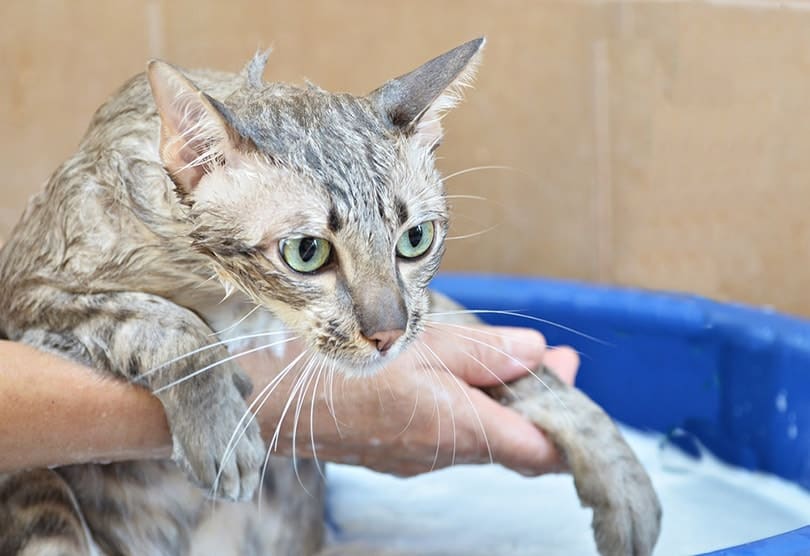
Medicated shampoos are another form of topical flea medication. They are applied to your cat’s skin and coat during a bath to kill off the pesky fleas that have made their home in your cat’s fur.
Oral Medication
Oral flea medicines are chewable pills you can hide in your cat’s food.
Collar Medication
Flea collars can be effective for cats, but only if the proper ones are used. It is important to ensure that you use a feline flea collar on your cat rather than a canine flea collar; collars designed for dogs are very poisonous to your cat.
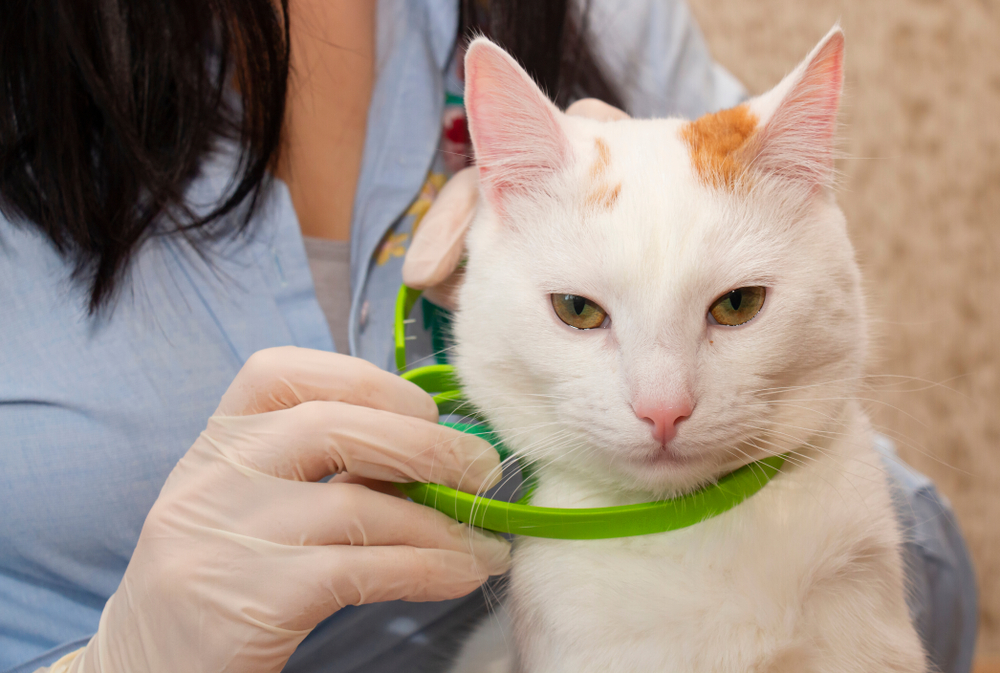

Advantages of Feline Flea Medicines
Other than the benefit of getting rid of fleas, there are other advantages to feline flea products. For instance, flea medications come in several varieties and forms. As we’ve discussed, topical, oral, and flea collars can rid your cat of fleas, but additional treatments can be used to supplement the products.
This includes medical shampoos, flea wipes, sprays, creams, and flea combs that remove fleas from your cat’s fur. So, if oral medications do not work for you and your cat, you still have several options.
Another great benefit of flea medication is that flea infestations are usually eradicated quickly. Many topical flea treatments can kill almost all adult fleas within 24 hours of the first application. Some oral medications can kill fleas within 30 minutes of ingestion. Your cat’s scratching and irritation will dwindle rapidly after you apply for most flea medicines.
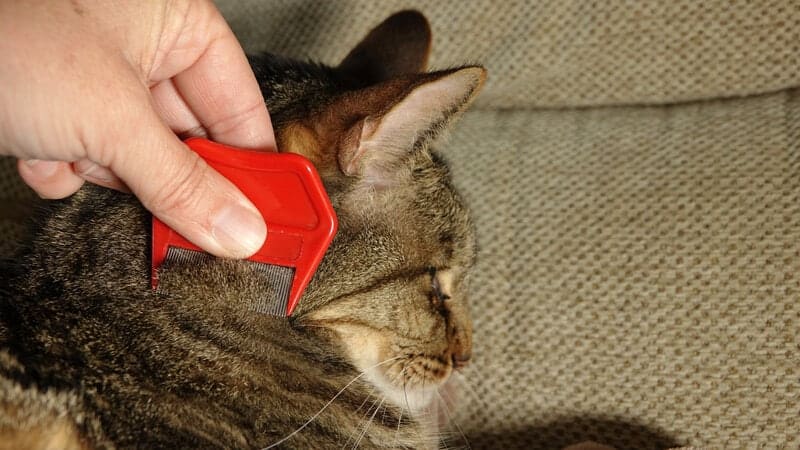
Disadvantages of Feline Flea Medicines
The primary disadvantage of flea medicines is the risk of toxicity if misused. It is always important to read carefully and understand the instructions regarding any product for your cat, but this is especially the case with flea treatments. If misused for your cat’s weight, age, and other factors, your cat can suffer side effects from the medicine. You must never use dog flea products on cats.
Signs of flea medicine toxicity include tremors, drooling, diarrhea, and vomiting. Your cat may also experience lethargy, difficulty breathing, and dilated pupils. In more severe instances, your cat may collapse.
However, this is not so much a disadvantage of the product as it is a sign of poor use. That is why it is vital to double-check the products you use on your cat to ensure that they are safe; if you are ever in doubt, consult your veterinarian.
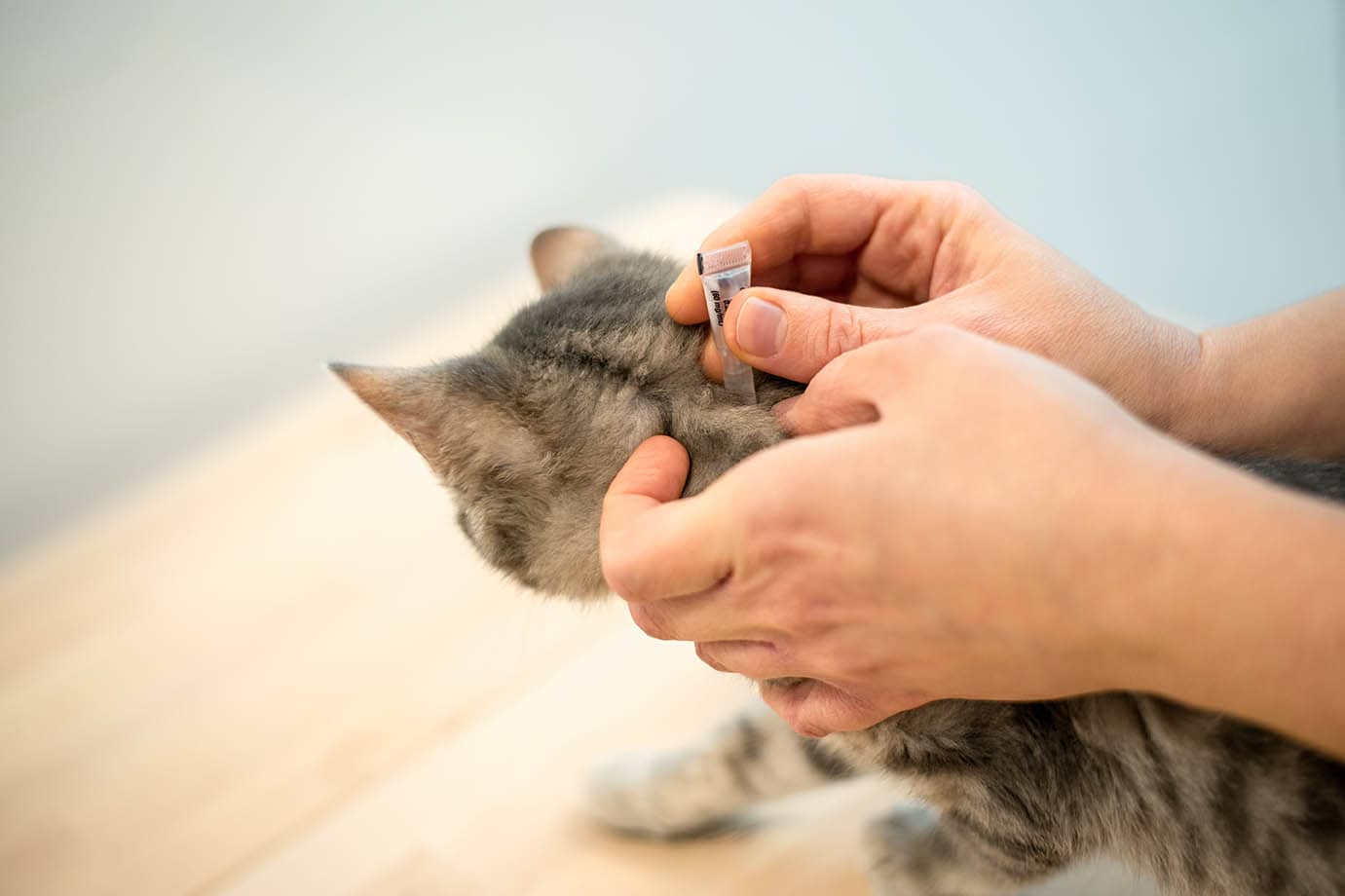

Frequently Asked Questions (FAQs)
How Do I Know if the Flea Medication is Working?
The effects of flea medication are evident in 24 hours, but they may occur even earlier. However, if the infestation is extensive, eliminating the pests may take much longer. Since the flea’s life cycle is around 3 months, some cases of infestation can take months to improve.
As the treatment works, you will notice fewer fleas in your cat’s skin and fur. The number may go up and down for a while if a new generation of eggs hatched in the middle of your treatment. Dead fleas will start falling off your cat as the treatment works. The medication may not suit your situation if you do not notice a decrease in fleas. Talk to your vet to devise a new treatment plan, if necessary.
What Effect Can Fleas Have on My Cat?
Fleas are so tiny that it can be easy to think they aren’t a big deal. However, left unchecked, they absolutely can be. If fleas repeatedly bite your cat, they can develop an allergy. This will cause your cat to over-groom or scratch excessively, which can lead to skin infections.
If you have a kitten or an older cat, fleas can cause anemia. Adult fleas feast on your cat’s blood throughout their lifespan. Fleas are also hosts for tapeworms. If your cat grooms and ingests a flea, a tapeworm can develop in their digestive system. Fleas are also the vectors for other serious illnesses, such as feline infectious anemia caused by haemoplama bacteria.
I’ve Tried Flea Medication—Why Does My Cat Still Have Fleas?
A flea medicine’s failure is often due to improper use. If you have been applying flea medication but have not noticed an improvement in your cat, double-check the instructions to verify that you are using the product correctly. If you are, consult your vet about your next plan of action. Do not increase the dosage without first talking to your vet.
Other reasons your cat may not be free from the fleas include an insufficient cleaning of the home or another exposure to fleas. If fleas have spread into your home, your cat may be re-exposed unless you use an effective home treatment or a pest control service.
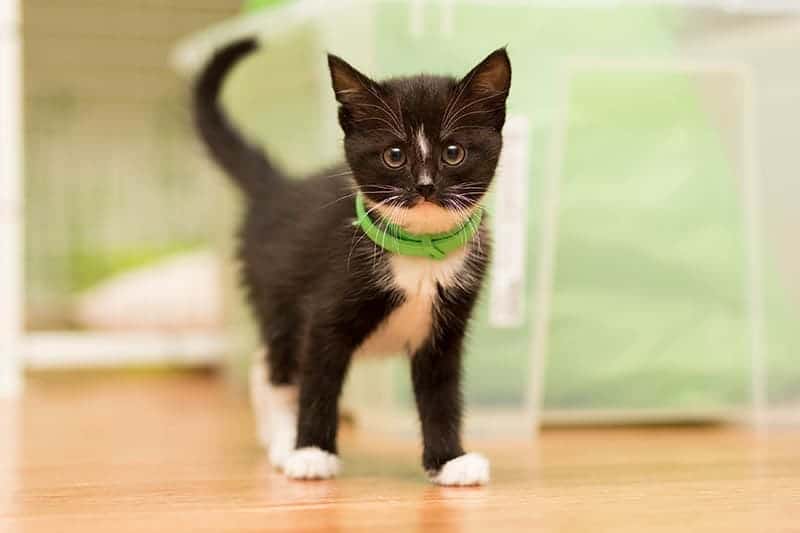

Conclusion
Fleas can be troublesome pests, but thankfully, several effective flea medications can make your troubles disappear. No matter what your cat needs, flea products can help, whether topical medicine, an oral treatment, or a flea collar. Be sure to double-check the products’ instructions before using them to ensure your cat’s health and safety.
Related Reads:
- 6 Best Oral Flea Treatments for Cats
- How Long Does Flea Medicine Take to Dry? Vet Approved Facts & FAQ
Featured Image Credit: lev.studio, Shutterstock

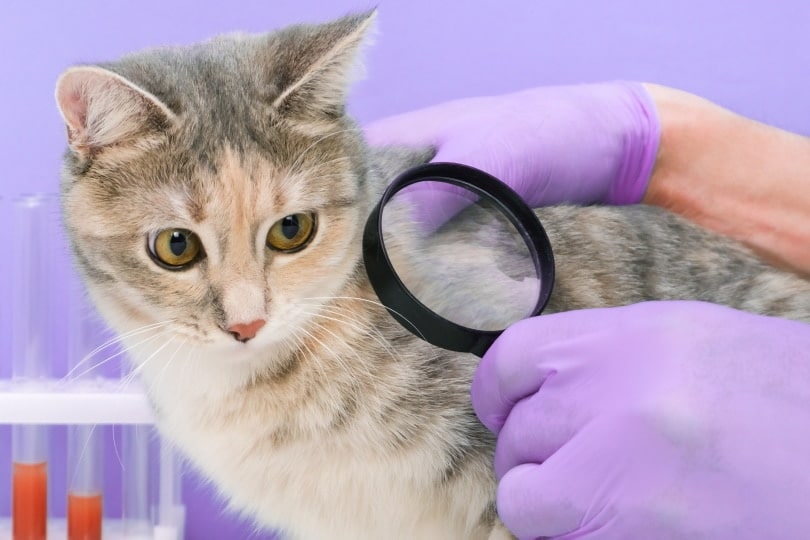
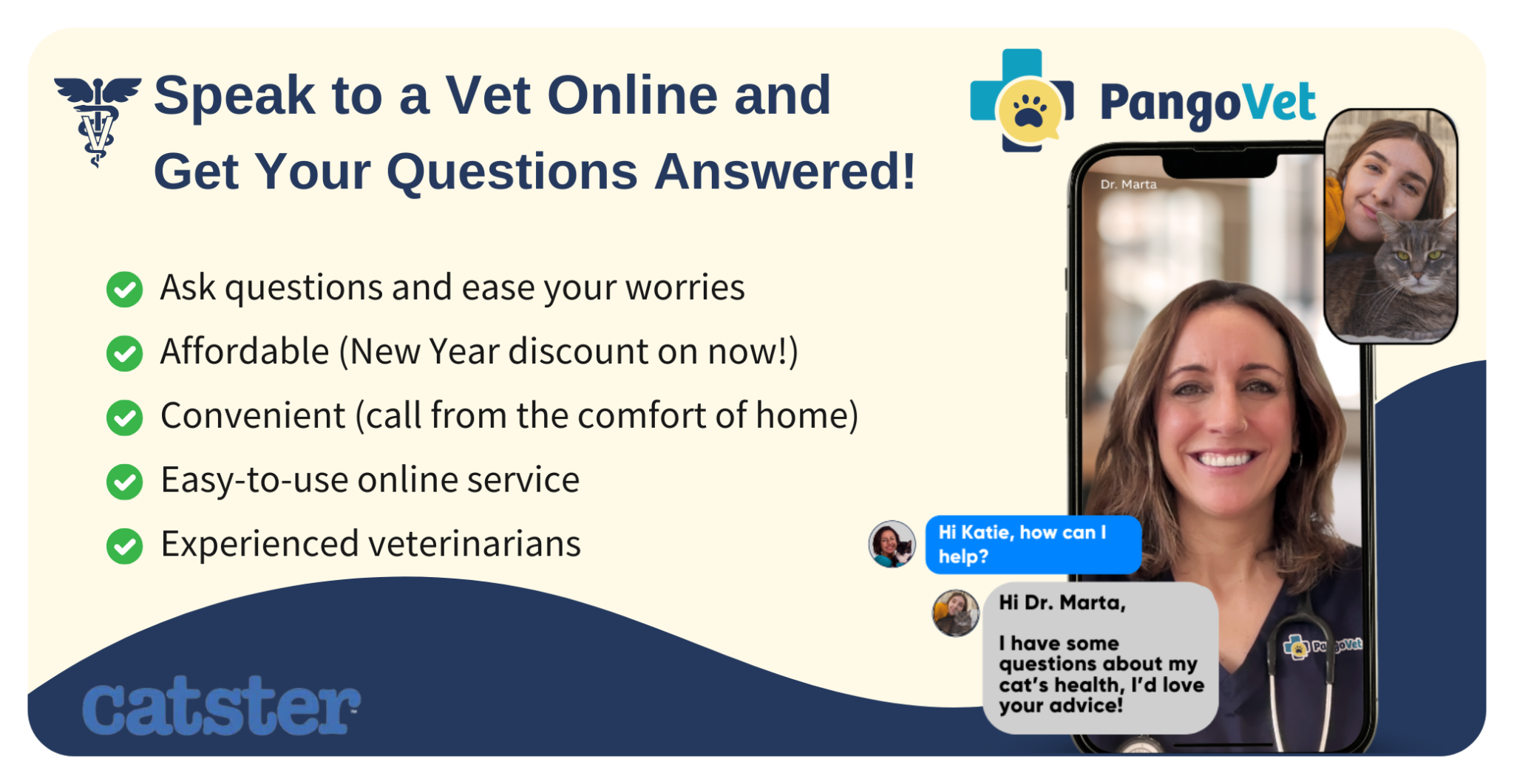
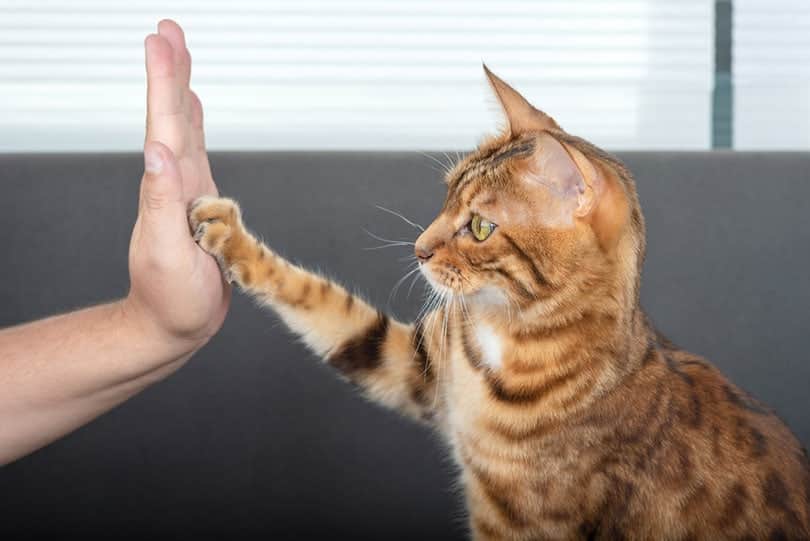
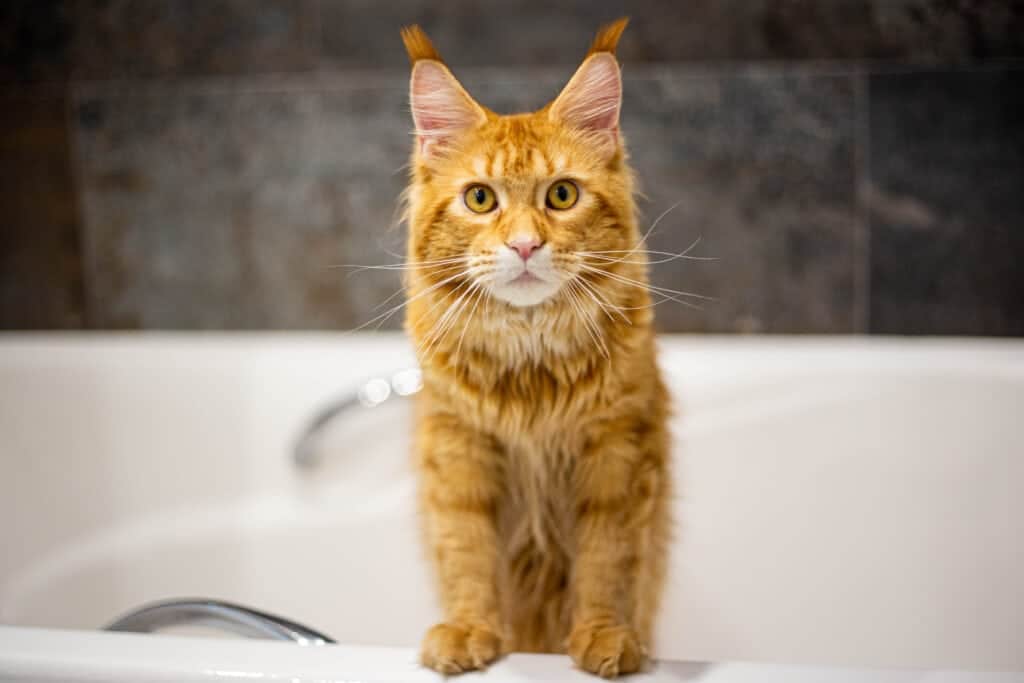




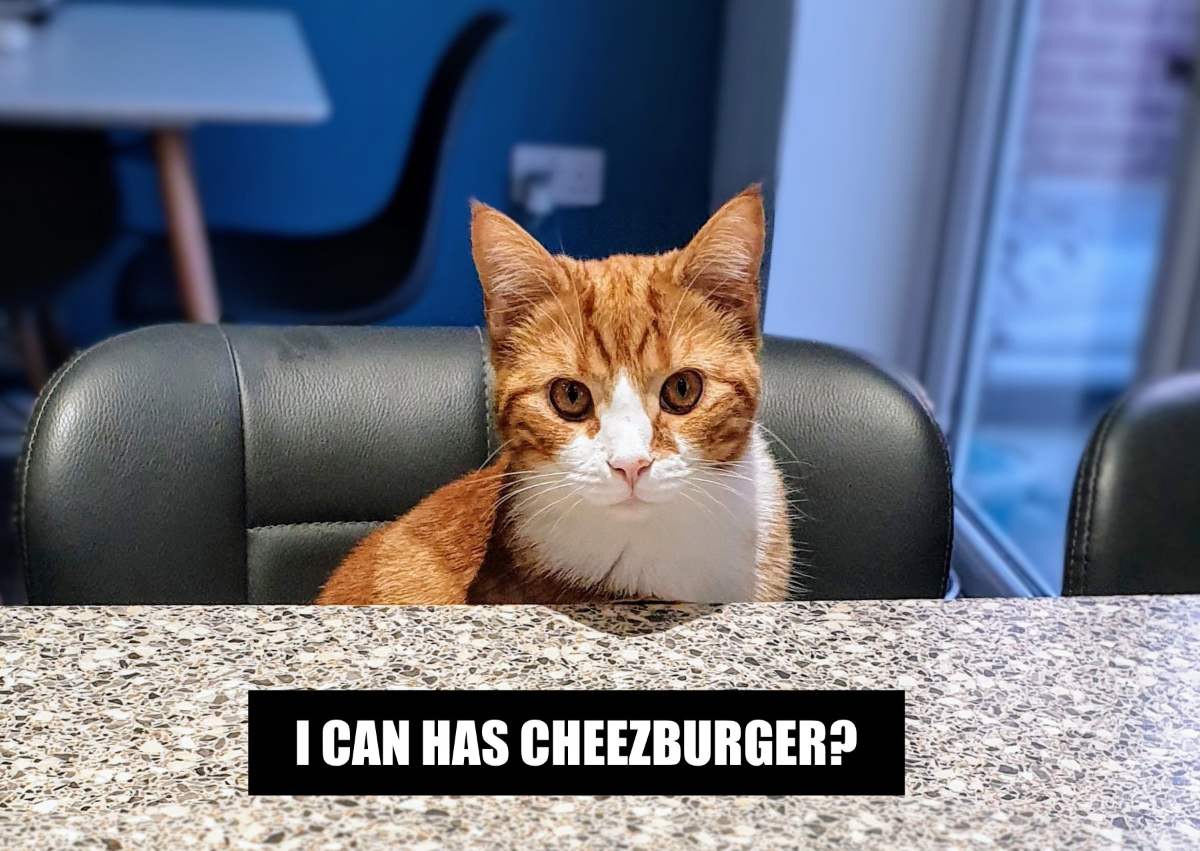
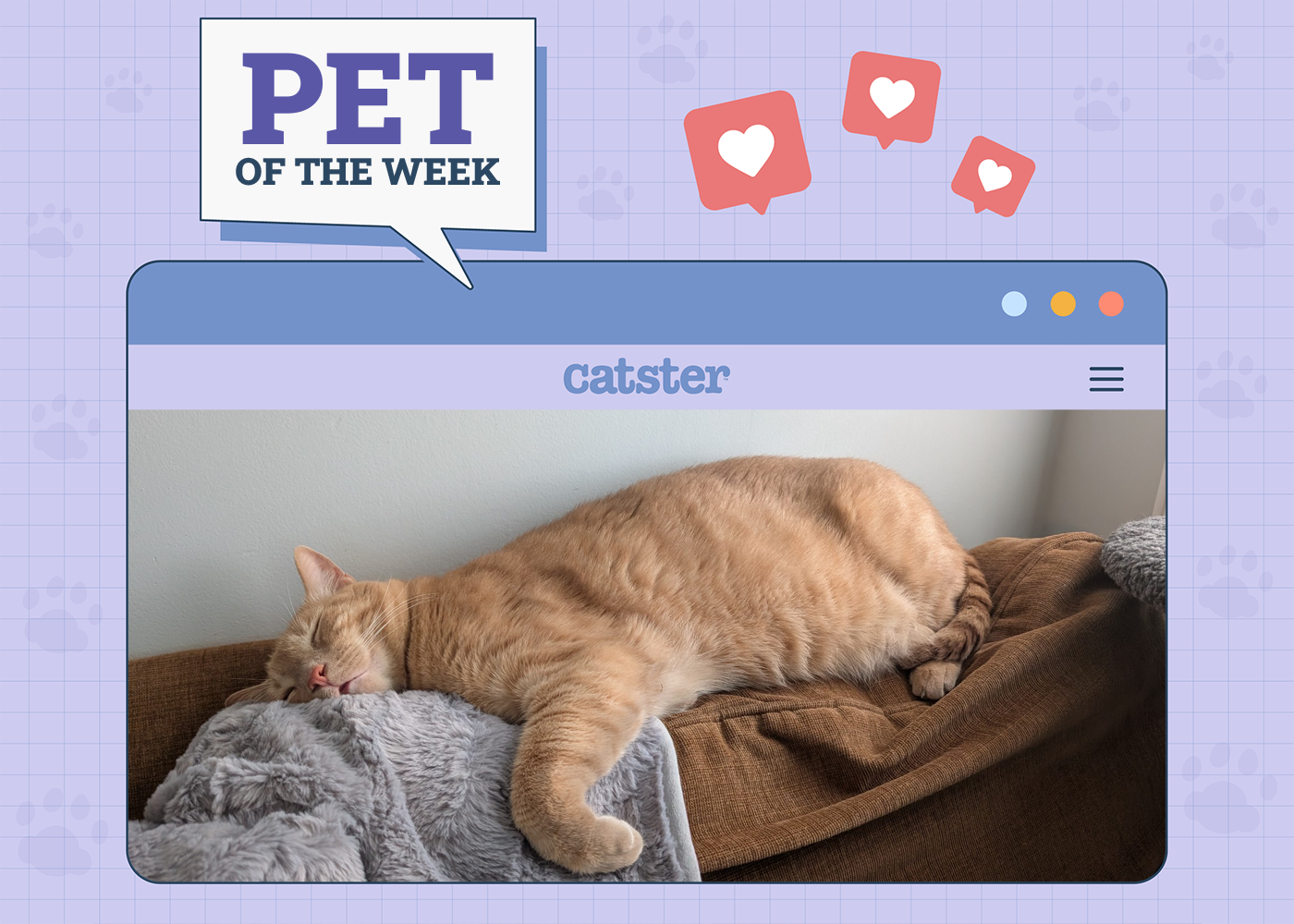
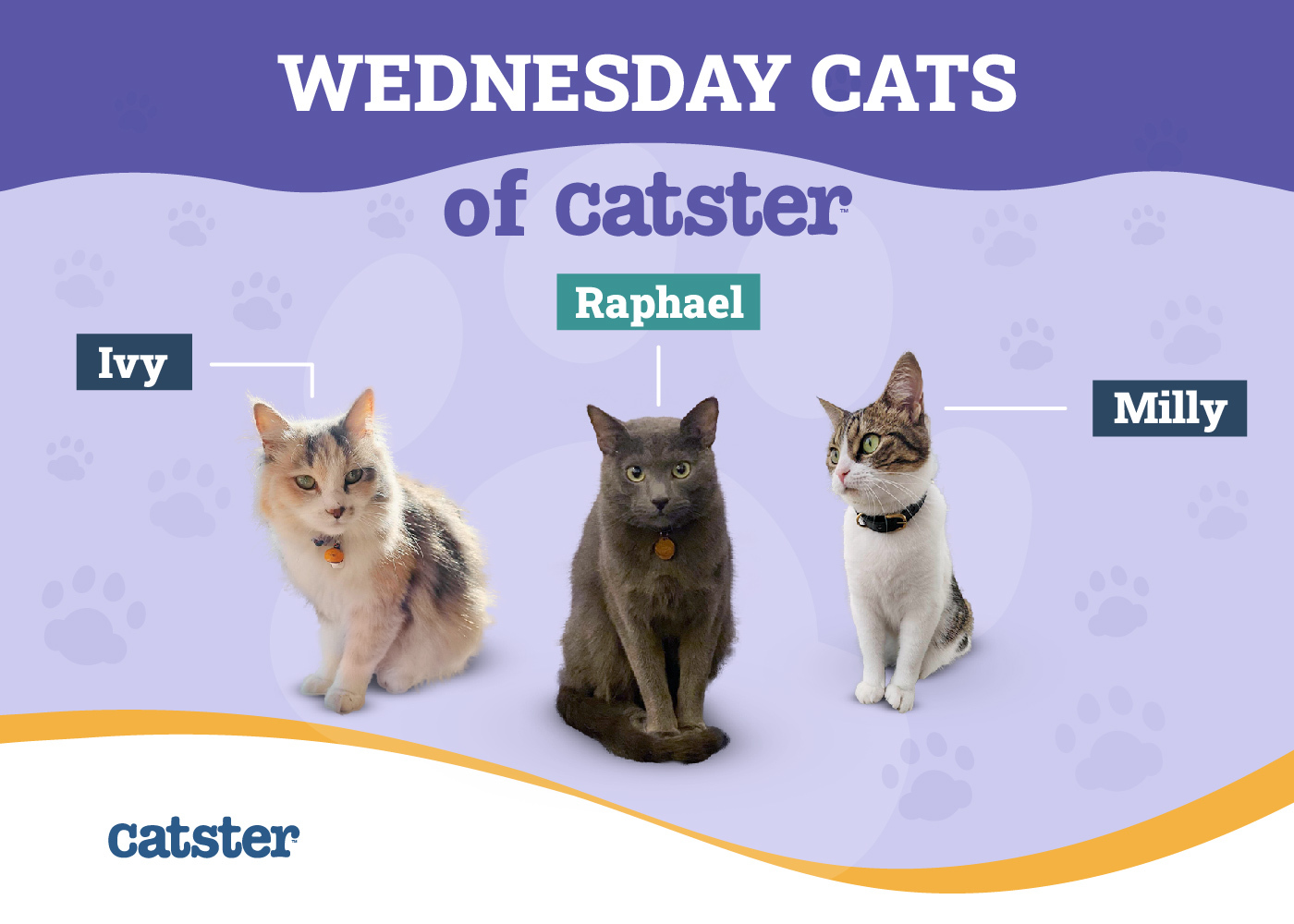
Thank you for your reply.
I understood the principles from your excellent main post.
I was thinking as adults would be either starved or killed by cat collar medication and the cocoons couldn’t be treated at all more about the egg phase. As they are attracted ‘hatched’ my movement of a potential host, wouldn’t my cat become somewhat of a ‘magnet’ for them and then the medication does it work.
The only other potential host is me, and I move around 100s of time less than he does.
Hey Tim,
Flea larvae will sense a moving host thanks to the vibration of their movements, temperature, and carbon dioxide changes. If the collar is a concern then a different product would be a better option.
10 Best Flea Treatments for Cats (2024) – Reviews & Top Picks- https://www.catster.com/cat-health-care/best-flea-treatments/
You might also want to consider pet-safe products with insect growth regulators for your home. You will need to do the home vacuuming cleaning steaming several times and continue your cat’s treatment long-term to ensure you break the cycle.
Best luck exterminating those critters!
My 18 month old indoor cat (no other pets, it pet visitors) has developed a flea problem. I have treated him with a spot on treatment and it has been a week or two but he is slowly showing improvement. The house is definitely also an issue, his activities around the house have left eggs (I presume) which are hatching etc and my ankles are being targeted as well as he is getting reinfected with fleas.
I have done the regular vacuuming, washing coverings (cushions bedding etc) steaming rugs/carpets where I can.
Would a reputable flea collar turn him into a flea ‘magnet’ and reduce the issue over several months, or do I need more drastic action.
Thanks
Tim
Hello Tim,
thank you for your message. We are very sorry to hear about your issues with flea infestation.
To answer your question about flea collars – this is not how flea collars work. Flea collars distribute anti-parasitic medication through pet's skin so when fleas come into contact with this medication, they will die. However, they are not meant to attract the fleas.
This means that a flea collar will help to protect your cat and it will slowly decrease the flea population, however, once your house is infested, you need to continue with rigorous cleaning or in the worst case scenario – call the pest control company.
One more thing, like with any other medication, there are certain risks associated with flea collars, being informed is always best.
We would like to suggest some of our other articles on this matter you could find helpful:
– How to Get Rid Of Fleas On Cats: 7 Vet-Approved Methods – https://www.catster.com/cat-health-care/how-to-get-rid-of-fleas-on-cats/
– How Do Flea Collars Work for Cats? (The Surprising Details) – https://www.catster.com/cat-health-care/how-do-flea-collars-work-for-cats/
– Flea Treatments for Cats: Our Vet Explains – https://www.catster.com/ask-the-vet/flea-treatment-for-cats/
– Are Flea Collars Safe for Cats? Vet-Verified Facts & Alternatives – https://www.catster.com/cat-health-care/are-flea-collars-safe-for-cats/
– 10 Natural Home Remedies for Cats With Fleas (Vet-Verified) – https://www.catster.com/cat-health-care/natural-home-remedies-for-cats-with-fleas/
– My Cat Has Fleas! How Do I Clean My House? Vet-Approved Advice & Best Practices – https://www.catster.com/cat-health-care/cat-has-fleas-how-to-clean-house/
Just copy and paste the URL into your browser.
Please understand that fleas are challenging to exterminate, you are not alone, so keep patient and consistent. Best wishes!